Read also:
How to Watch FX Live Without CableHow To Watch AMC Without CableHow to Watch ABC Without CableHow to Watch Paramount Network Without CableIt’s finally fall—the leaves are changing, the temperature is lowering, and it’s time for cuffing and pumpkin spice latte seasons to perk up. And, like clockwork, Criterion gifts us with their twice-annual half-off sales. This month, there’s a lot to offer, from old-school spookiness for Halloween to long-awaited upgrades of early early spines, to queer classics both old and new.
As is our wont at The Spool, we’ve collected a few offerings you can snatch up during today’s sale, which runs from 9 a.m. PST on October 22 to 9 a.m. PST on October 23. Here, you get 50% off 4K UHDs, Blu-rays, DVDs, and in-store merch (like those genre T-shirts I’ve yet to invest in). Even if you just grab a couple of titles, though, you ought to be well-equipped to weather the tough winters.
All of Us Strangers
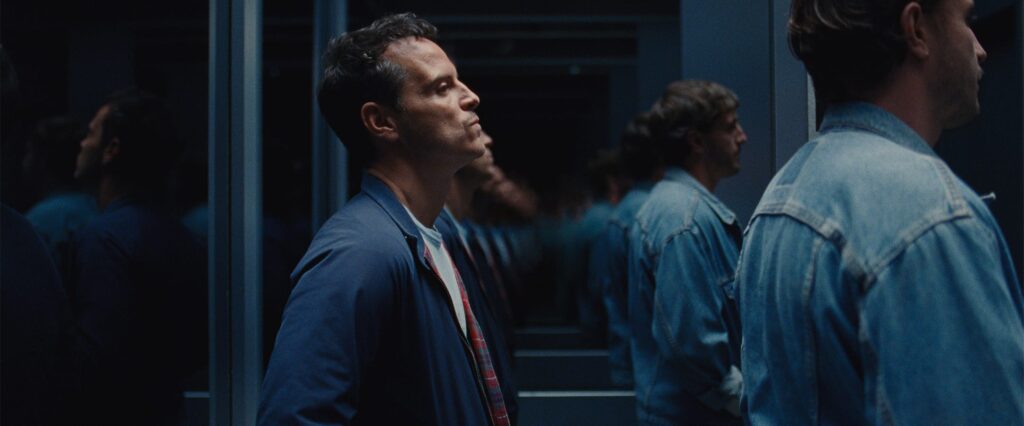
Andrew Haigh is no stranger to mournful laments of queer love intersecting with grief and loss (see his fellow Criterion entry Weekend), and last year’s All of Us Strangers is a mighty exploration of queerness as an undiscovered country. Andrew Scott (Ripley) plays a disaffected middle-aged gay man named Adam, whose budding fling with a hot neighbor in his high-rise (Paul Mescal) dovetails with a seemingly magical development: The discovery of his long-dead parents (Claire Foy and Jamie Bell) living in their old home, the same age as they were when they died.
It’s a chance for Adam to heal from his alienated malaise, not to mention the deep emotional gulf he feels having never gotten to share his true, out self with his parents, who died before they could hear–or even understand–what he is. It’s a powerful film anchored by four soulful performances, a quartet of lonely people all reaching for each other in the abyss that separates time, space, and love.
Special features include a new convo between Haigh and author/critic Michael Koresky, interview with cinematographer Jamie D. Ramsay, behind the scenes docs, and an essay from Guy Lodge. Order here.
Gregg Araki’s Teen Apocalypse Trilogy
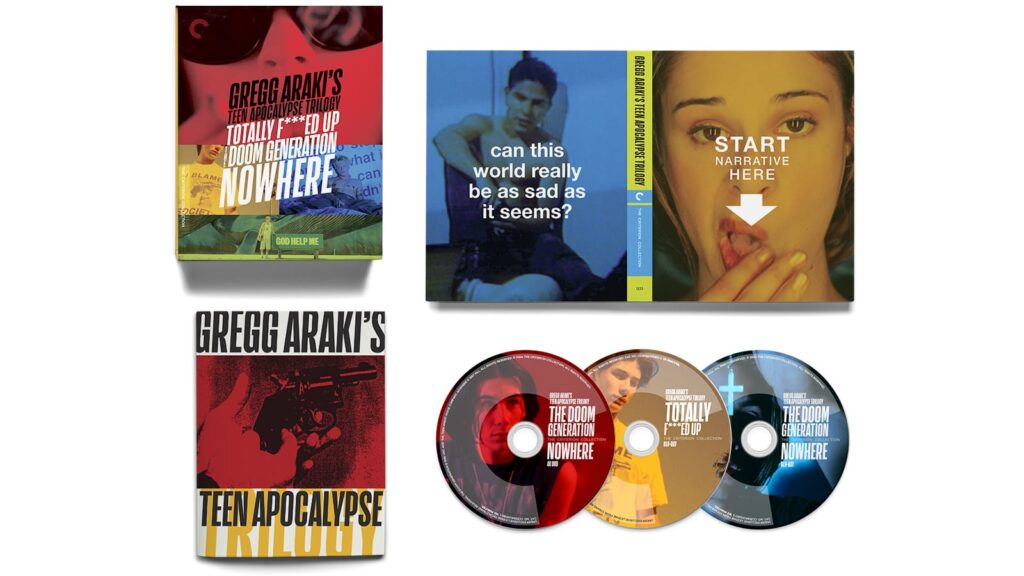
Gregg Araki’s bold, punk, sex-positive odes to young American queerness make for some of the ’90s most exciting pictures, and Criterion’s neatly wrapped them up in one surrealistic package. 1993’s Totally F***ed Up, 1995’s The Doom Generation, and 1997’s Nowhere all attack the pointlessness of the American experiment through a queer Gen-X sneer; sex and drug-addled adventures of cast-off LA queer teens who cling to each other even as the world seems to collapse around them (or in some cases, literally does). These are some of the seminal works of the New Queer Cinema, tales of hot young queer folks discovering themselves and clinging to the broken people around them, all in the hopes they can fix each other somehow.
The set comes choc-a-block with features, with new restorations of all three films (the latter two in 4K) and commentaries on each. There’s also a chat between Araki and fellow indie master Richard Linklater, a doc on the films’ visual style, a Q&A with Araki featuring Gus Van Sant and Andrew Ahn, a video comic book for The Doom Generation, and more. Order here.
Black God, White Devil
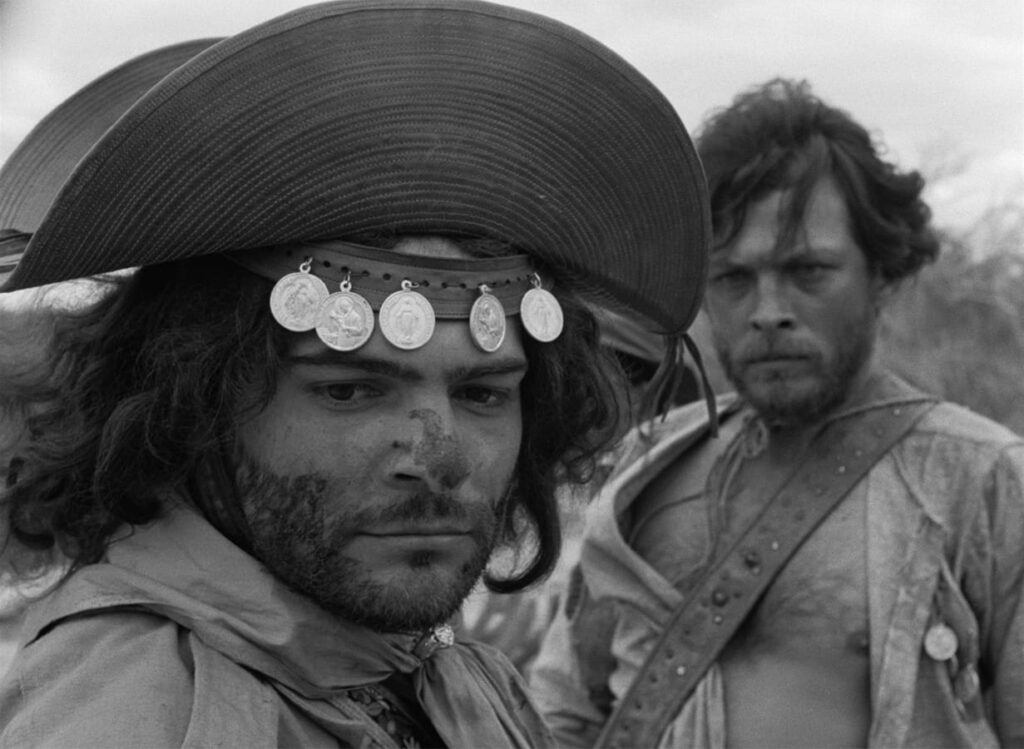
Impenetrable at times but deeply political, Galuber Rocha’s Black God, White Devil serves as an almost religious fable about the power of despotism, and the ways religiosity drives us to horrors beyond our imagining. A couple (Geraldo Del Rey’s Manoel and Yoná Magalhães’ Rosa) flee the ranch they’ve slaved away on and fall into an escalating series of movements: first, a Black prophet (Lidio Silva) who promises “a miracle… to save the world,” then a peacocking revolutionary (Othon Bastos) who terrorizes local oligarchs. One leader leads with hope, the other with a sword. Neither goes particularly well.
But so it goes with Rocha’s singular vision, a central work of the Cinema Novo movement that sought to, as Fábio Andrade points out in his essay, “overcome the influence of Brazil’s colonial origins and find images and sounds that could reconceive the nation.” And so Black God, White Devil does, ushering Manoel and Rosa through one painterly composition after another, interspersed with Villa-Lobos’ almost Greek-chorus-like ballads that ease us through the story as if passed through oral tradition.
Features include a commentary by producer Lino Meireles about the film’s difficult restoration, an interview with a film scholar, docs on Rocha, Cinema Novo, and cangaço, the social banditry featured in the film. Order here.
Demon Pond
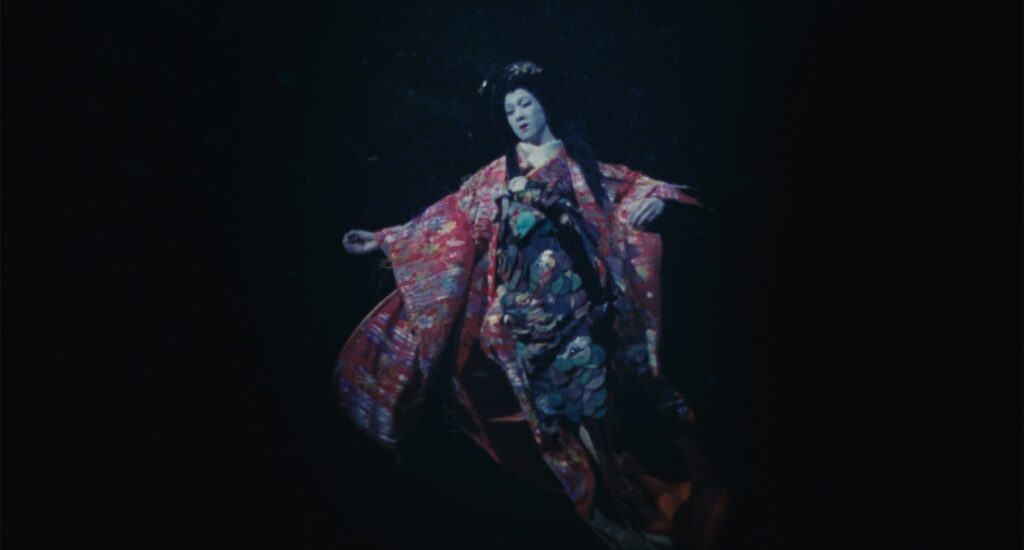
If you’re looking for something ethereally spooky and off-the-beaten-path this Halloween season, Masahiro Shinoda’s Demon Pond may just fit the bill. A kabuki-like tale of folk horror that unfurls with all the patience of a master, Demon Pond follows a traveler (Tampopo‘s Tsutamu Yamazaki) who enters a village struck by drought. From there, he’s wrapped into a mythic tale surrounding the town’s nearby pond, in which a dragon princess (Bandô Tamasaburô) is thought to reside.
Between Tomita Isao’s synth-heavy score and Shinoda’s kaleidoscopic visuals, Demon Pond is a feast for the senses, a delicate dance between the mythic and the tragic, ancient and contemporary. While the features are sparse (a film scholar interview on the film’s importance, and a program on the special effects), the film’s joys are well worth the price tag. Order here.
Farewell My Concubine
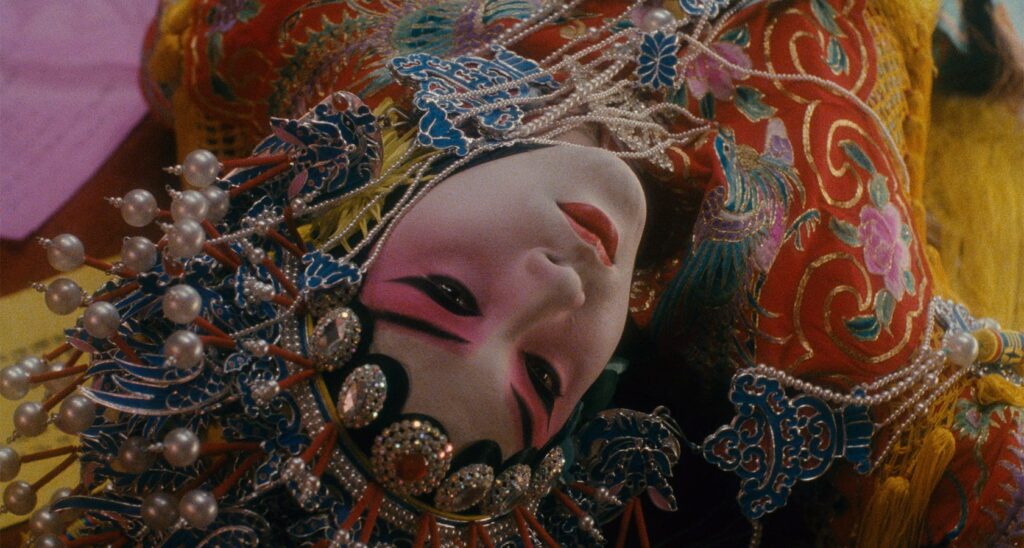
One of China’s undisputed classics, Chen Kaige’s three-hour epic melodrama, set amid the backdrop of 20th-century Chinese history, is one of Criterion’s more recent must-buy additions to the canon. Farewell My Concubine charts the lives of two actors, Cheng Dieyi (Leslie Chung) and Duan Xialou (Zhang Fengyi), through their grueling training in Peking opera to the first strains of unrequited love and the shifting tides of China’s political life. Gorgeous visuals, searing, heartbreaking performances from both Chung and Zhang, and some of the most intriguing costumery you’ll see in any film in this or any century.
Features include a 2003 doc on the film’s making, a Charlie Rose interview with Kaige, and a new convo between Chinese cultural studies scholar Michael Berry and film producer Janet Yang. Order here.
I Walked With a Zombie / The Seventh Victim: Produced by Val Lewton
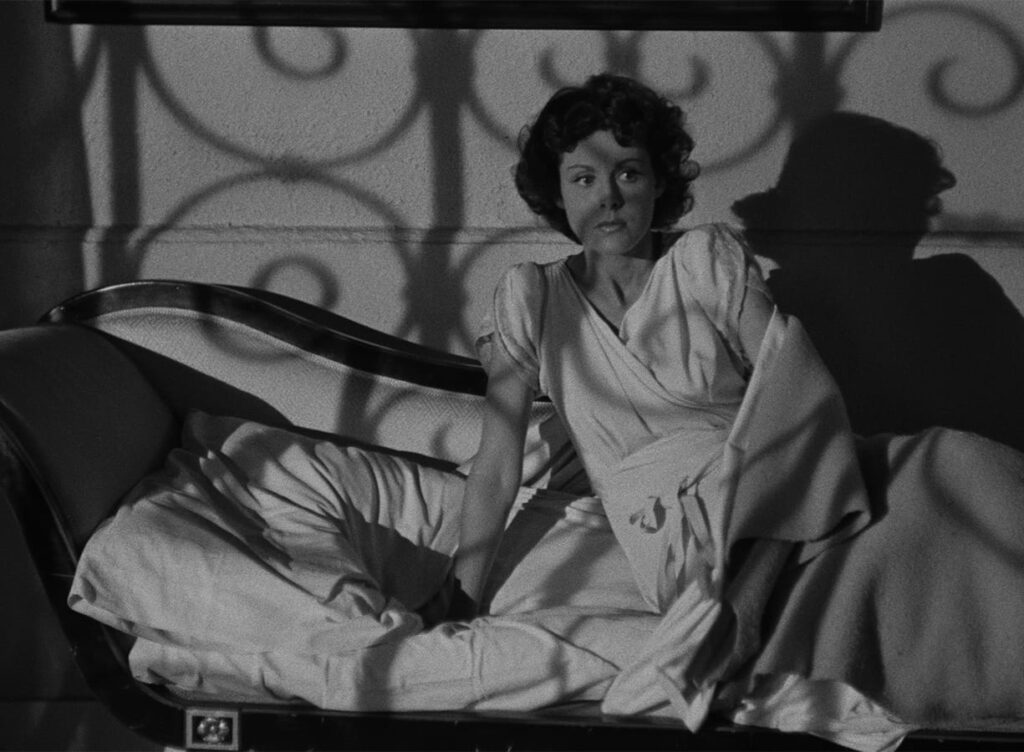
1940s horror legend Val Lewton is no stranger to the collection — 1942’s Cat People (directed by Jacques Tourneur) is one of the best horror flicks on Criterion — but this year they saw fit to add a double feature of spine-chillers from the era courtesy of RKO’s B-horror slate. First, there’s the classic I Walked with a Zombie, the atmospheric Tourneur-directed tale of a Canadian nurse who loses herself to the mystical world of Caribbean voudou, a work whose colonialist eye has been reclaimed in recent years as an elegant work of old-school horror style.
On top of that, Criterion has paired that with 1943’s The Seventh Victim, directed by Mark Robson, which switches focus from voudou to devil worshippers in Greenwich Village. Like Zombie, both films shrug away from jump scares and outright violence, opting instead for more melancholic expressions of style that nonetheless open up broader existential questions about our place in a cold, meaningless existence.
Criterion’s certainly seen fit to offer two films’ worth of features on this set, from commentaries on both films (which have also been restored in 4K) to an interview with Criterion stalwart Imogen Sara Smith on their importance. You also get audio essays from Adam Roche’s podcast The Secret History of Hollywood, a doc on Val Lewton’s legacy, and an episode of PBS’s Monstrum on the origins of the zombie. Order here.
The Long Good Friday
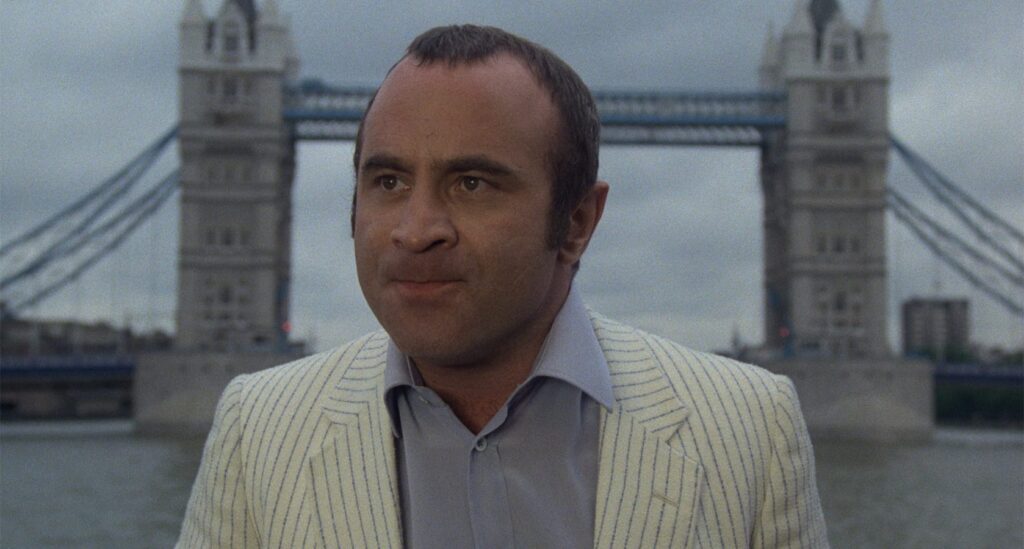
The British gangster picture has few examples greater than The Long Good Friday, which catapulted Bob Hoskins’ pugnacious, yet immensely compelling presence to outright stardom. As Harold Shand, Hoskins is a powder keg with a very short fuse, working all the angles on an impending deal with the American mafia that soon starts to go sideways. With Dame Helen Mirren by his side, Hoskins swaggers his way through every frame of this thing, a confident man finally undone by the hubris of his plan (the film’s final shot, holding on Hoskins, is unforgettable). And don’t forget the early cameo by pre-Bond Pierce Brosnan as an Irish hitman.
Friday was one of Criterion’s earliest spine numbers, and it’s a treat to see it finally return home with a host of new features, from a new 4K restoration to an audio commentary with director John Mackenzie. We also get a doc about Handmade Films (George Harrison’s production company, responsible for this and some of the other best British films of the era), an introduction by Criterion curatorial director Ashley Clark, docs about the film’s making, comparison programs on the UK and US soundtracks, an interviews with the film’s DP and screenwriter. Order here.
Pat Garrett and Billy the Kid
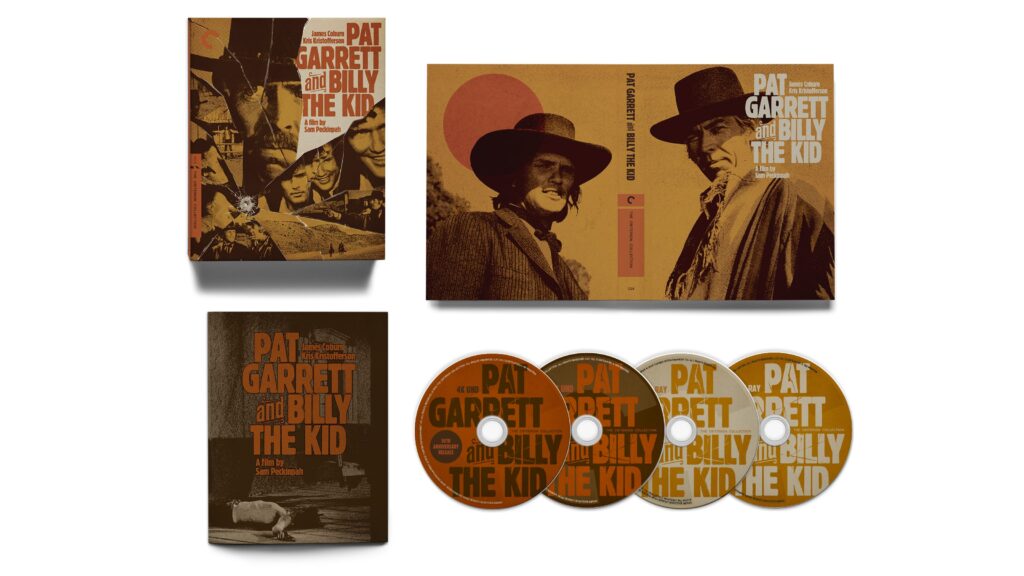
A Western made in the final years of the genre’s primacy, about the final years of the Old West’s existence, from a filmmaker himself facing his final years as a director. Sam Peckinpah’s Pat Garrett and Billy the Kid is a hell of a final showdown for the director, an acid Western of sorts that sees the frontier die down through the lens of friends turned rivals Pat Garrett (James Coburn) and Billy the Kid (the recently-passed Kris Kristofferson, RIP). Here, the wasteland of the Old West starts to become domesticated, and the freedom-loving bandits who called it home struggle against the collars they’re about to wear. Bob Dylan’s soundtrack (and admittedly forgettable supporting turn) stud this thing with layers of world-weariness, including its liberal use of “Knocking on Heaven’s Door.”
Criterion brings us three different cuts of Pat Garrett, from its theatrical cut to a final preview cut to this new arrangement built especially for the 50th-anniversary release. The 4K and 2K restos (in the case of the preview cut) bring life to every cloud of dust and outrageously spilling Peckinpah blood squib. But additional features include a commentary on the 50th anniversary cut, an interview about Dylan’s soundtrack work, a Mike Siegel doc on Peckinpah’s last film, an archival interview with Coburn, and more. Order here.